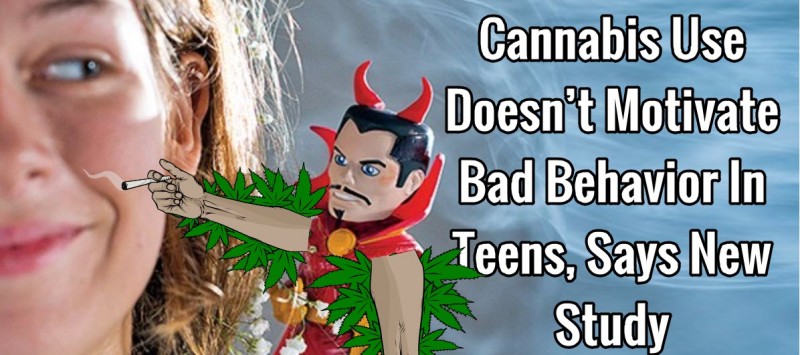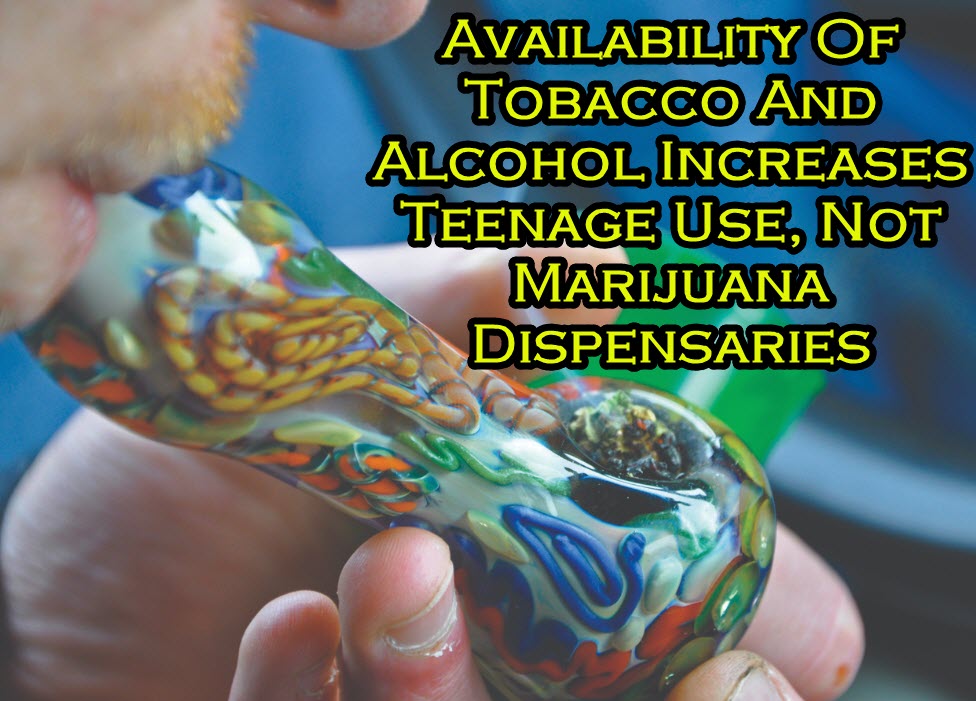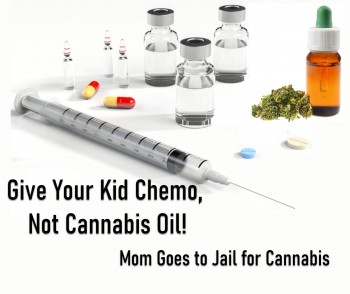Cannabis Use Doesn’t Motivate Bad Behavior In Teens, Says New Study
Parents all over the country might be freaking out as legalization spreads throughout the United States, especially for recreational purposes.
We can’t blame them – after all, decades of cannabis prohibition combined with the fact that alcohol is so readily available, means that little is still known about how cannabis use impacts the youth. And when you have parents buying into the stigma, it’s easy to get overwhelmed and even moreso, afraid.
But there’s no reason to worry, moms and dads. Just because alcohol and tobacco are completely legal and can easily be purchased in your neighborhood convenience store doesn’t make cannabis bad. In fact, you shouldn’t be too concerned if your kids experiment with cannabis; be afraid if they’re drinking and smoking cigarettes.
A brand-new study was just published in the medical journal Addiction, which revealed that researchers found no proof that cannabis consumption enables kids to try harder drugs later on. This further validates the truth that cannabis is NOT a gateway drug, as many prohibitionists want the public to think. The researchers also found no reason to think that a teenager’s interest in cannabis would put them at risk for bad behavior.
“Concerns about marijuana leading to all kinds of other behavioral problems don’t seem to be supported,” says study co-author, Dan Romer. “We found no relationship between using marijuana and seeking out peers who use marijuana, and no relationship with conduct problems,” Romer disclosed to WHYY.
The study, conducted by University of Pennsylvania researchers, were centered around a research project done by Romer and his teammates back in 2004, entitled the Philadelphia Trajectory Study. It involved following the behavior and drug use of almost 400 kids aged 10 to 12 over the course of five years. To ensure accuracy and truthfulness, the researchers turned to computers for the interviews, and utilized urine tests to corroborate their drug use. The objective of the project was “to see what kinds of drugs they were using, and what the consequences were of their drug use – what the predictors are, cognitively and socially,” Romer explains.
However, the one thing that they were truly interested in was identifying “conduct problems”. These included: “Things like stealing, lying, using drugs without permission by parents, setting fires, skipping school,” he says. “Antisocial behavior that can, if it goes unabated, lead eventually to more serious problems as adolescents mature into adulthood.”
He adds that what inspired them to do the investigation was the proliferation of past studies linking cannabis consumption with conduct problems. “We had seen these studies that had been done in New Zealand back in the late 90s that suggested that adolescents who used marijuana there had all kinds of horrible consequences, including conduct problems as well as other mental health issues,” he says. “It looked very strong and it looked very scary.”
Through statistical methods and more accurate tracking, Romer and his team wanted to find out if the same patterns were observed in Philadelphia use.
Interestingly, they found that it was the opposite. “Previous research had suggested that using marijuana would lead to conduct problems – we found the exact reverse,” he explains. “Conduct problems were predictive of using marijuana, and they were also predictive of finding friends who use marijuana.”
Their findings suggested different theories which may explain why conduct problems may occur as a precedent to cannabis use. For one, it could be that youth who already have conduct problems in the first place are more likely to act rebelliously. Another possible explanation is that problematic kids turn to cannabis as a way to deal with issues such as family troubles or peer pressures, which would be like their way of self-medicating.
“Potentially, they find it soothing because they’re probably having lots of other problems,” he says.
However, the researchers were quick to say that the findings don’t mean that cannabis is completely harmless. They just wanted to make it clear that cannabis use isn’t going to cause kids to act worse compared to when they were not under the influence.
Not all parents may find the study’s results a relief, but at the end of the day it’s certainly a safer choice than alcohol and cigarettes. Besides, it would be more helpful for parents to focus on raising good children, who will be able to handle the temptation from vices at an early age.
Marijuana Use Doesn’t Motivate Bad Behavior In Teens Says New Study from CannabisNet on Vimeo.
OTHER STORIES YOU MAY ENJOY...
TEEN CANNABIS USE DROPS AFTER LEGALIZATION, CLICK HERE.
OR..
ALCOHOL AND TOBACCO INFLUENCE TEENS MORE THAN CANNABIS, CLICK HERE.







